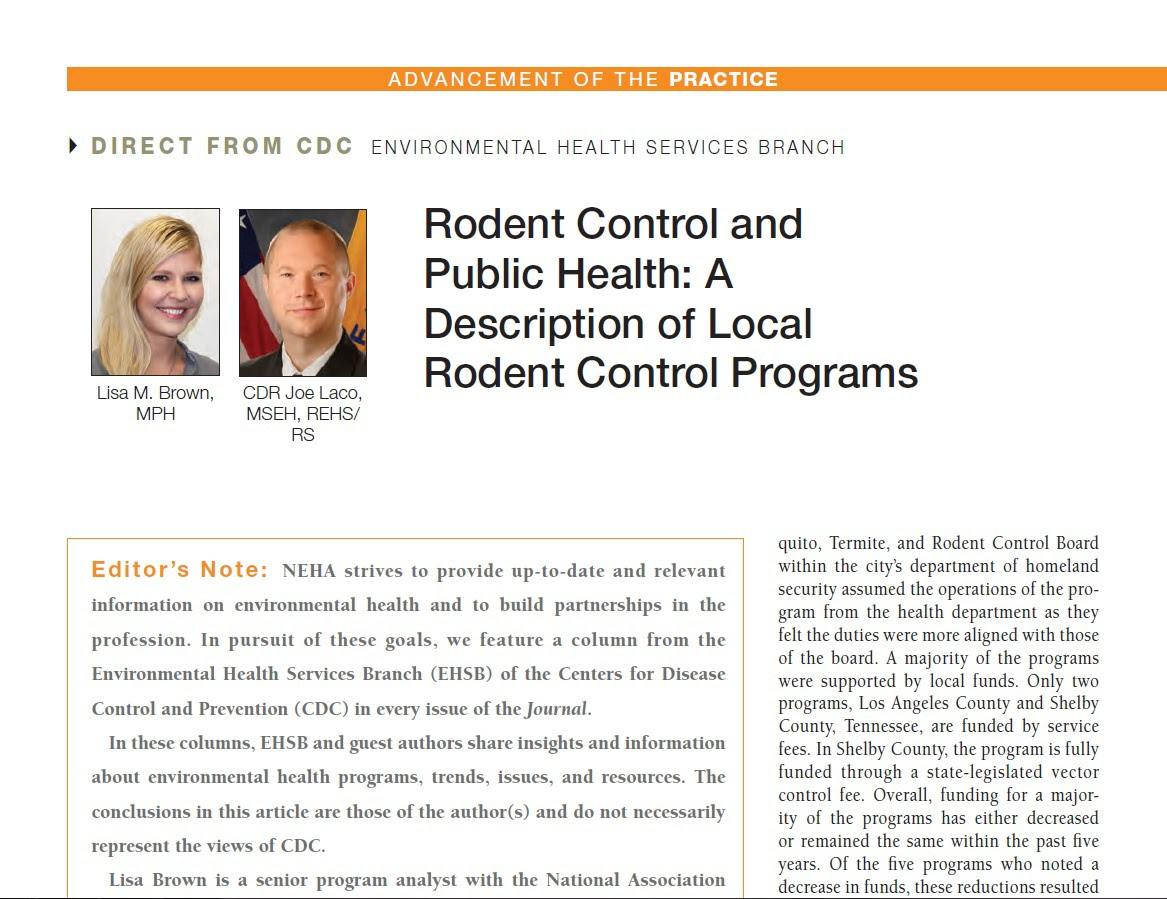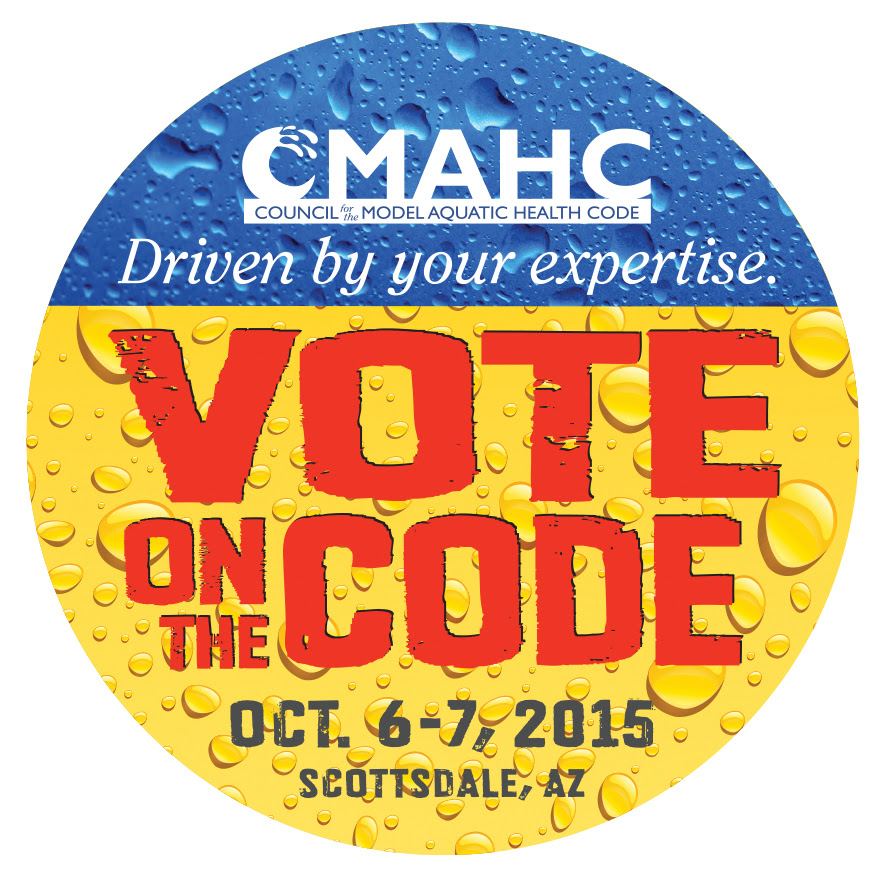EHS Spotlight:
Rodent Control and Public Health,
CMAHC Vote on the Code,
SUPEH Call for Applications, and
Legionella Outbreak Blog

Rodent Control and Public Health: A Description of Local Rodent Control Programs
Controlling rodents in rural and urban settings has been a public health challenge for many years. In this article, guest author Lisa Brown and CDC author Joe Laco discuss the National Association of County and City Health Officials’ profile of 9 rodent control programs across the nation to understand their capacity, challenges, best practices, and needs. This article was published in the November 2015 issue of the Journal of Environmental Health.
Council for the Model Aquatic Health Code (CMAHC): Vote on the Code
The conference may be over, but the public comment process is just beginning! CMAHC members can submit public comments from November 6 through 19. To learn how to become a member of the CMAHC, visit theirwebsite.

SUPEH Call for Applications
Apply now through February 3 for CDC’s Summer Program in Environmental Health (SUPEH). SUPEH is a paid 10-week internship for undergraduate students majoring in environmental health in a program accredited by theNational Environmental Health Science and Protection Accreditation Council (EHAC). Interns gain environmental health experience and an understanding of environmental health work at the local, state, tribal, and federal levels.

Keeping Cool Under Pressure: NYC Legionnaires’ Disease Outbreak, Summer 2015
This blog post discusses the work of a team of epidemiologists, laboratory scientists, and environmental health experts as they responded to this summer’s outbreak of Legionella, the largest ever recorded in New York City. In response to this outbreak, the city passed new legislation that requires registration of all cooling towers and defines maintenance standards. The collaborative efforts of public health professionals from city, state, and federal agencies made it possible for this outbreak to be identified, solved, and contained as quickly as possible. CDC’s Environmental Health Services Branch was instrumental in the environmental investigation.


































No hay comentarios:
Publicar un comentario